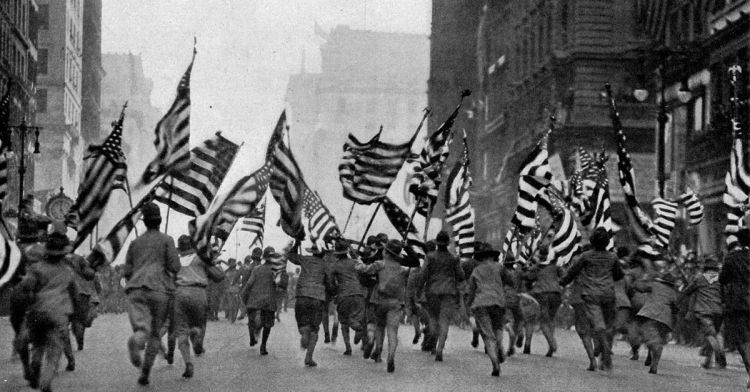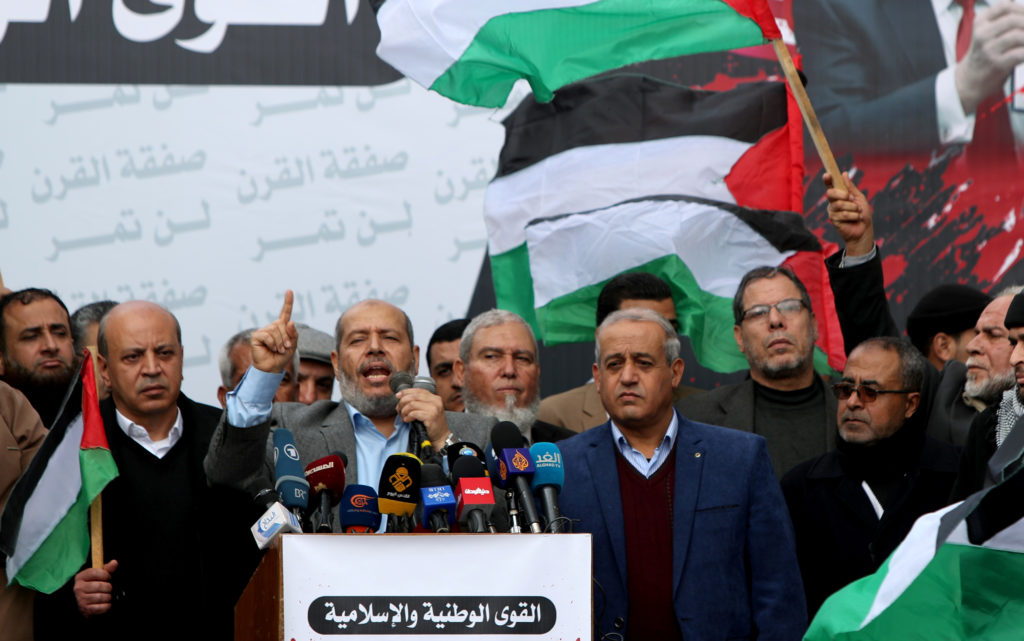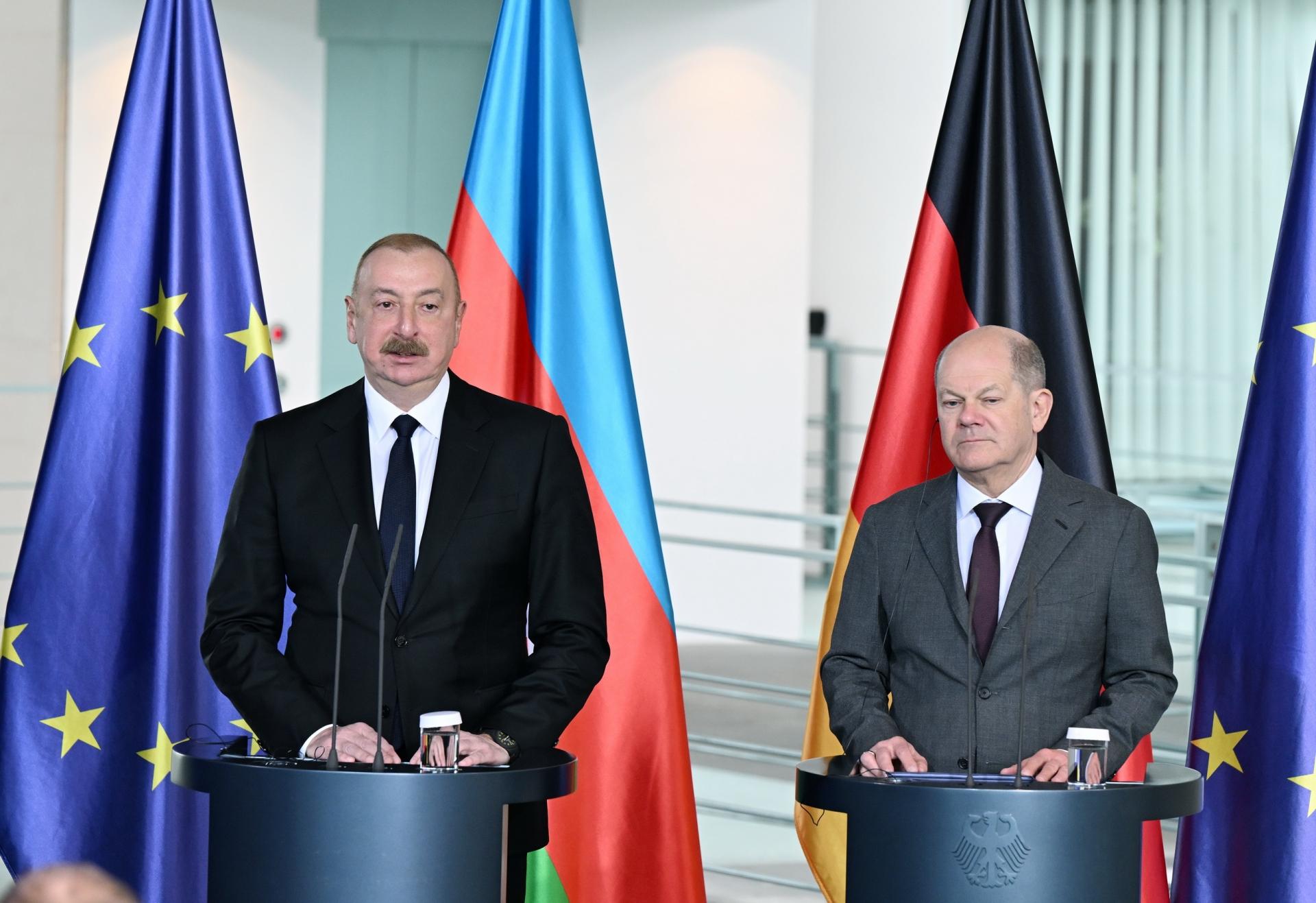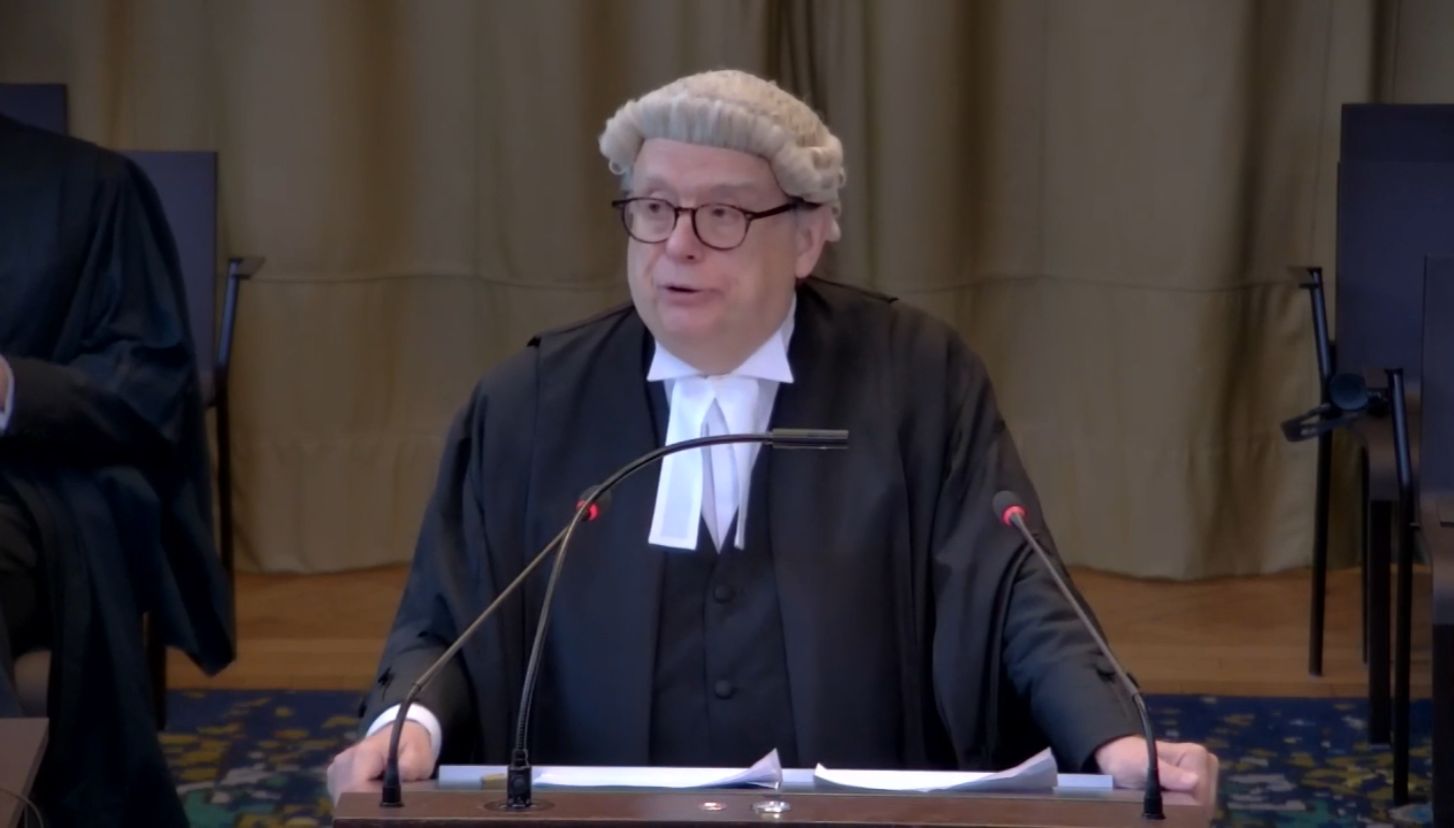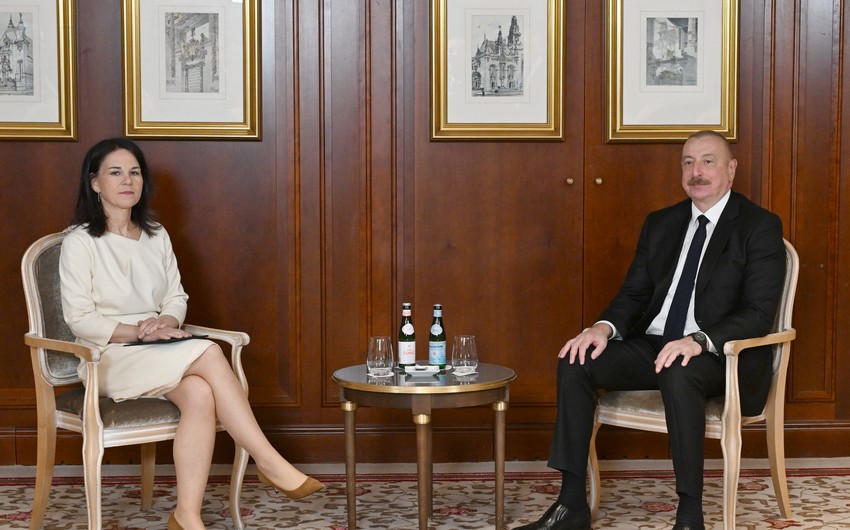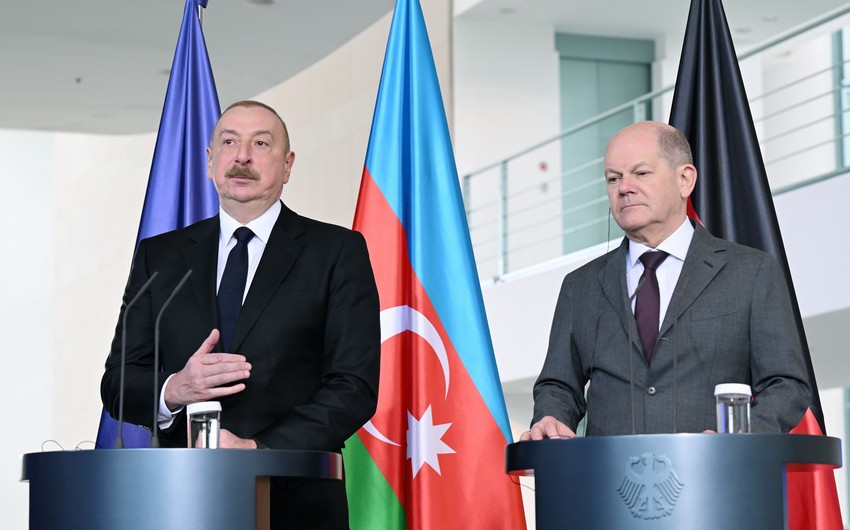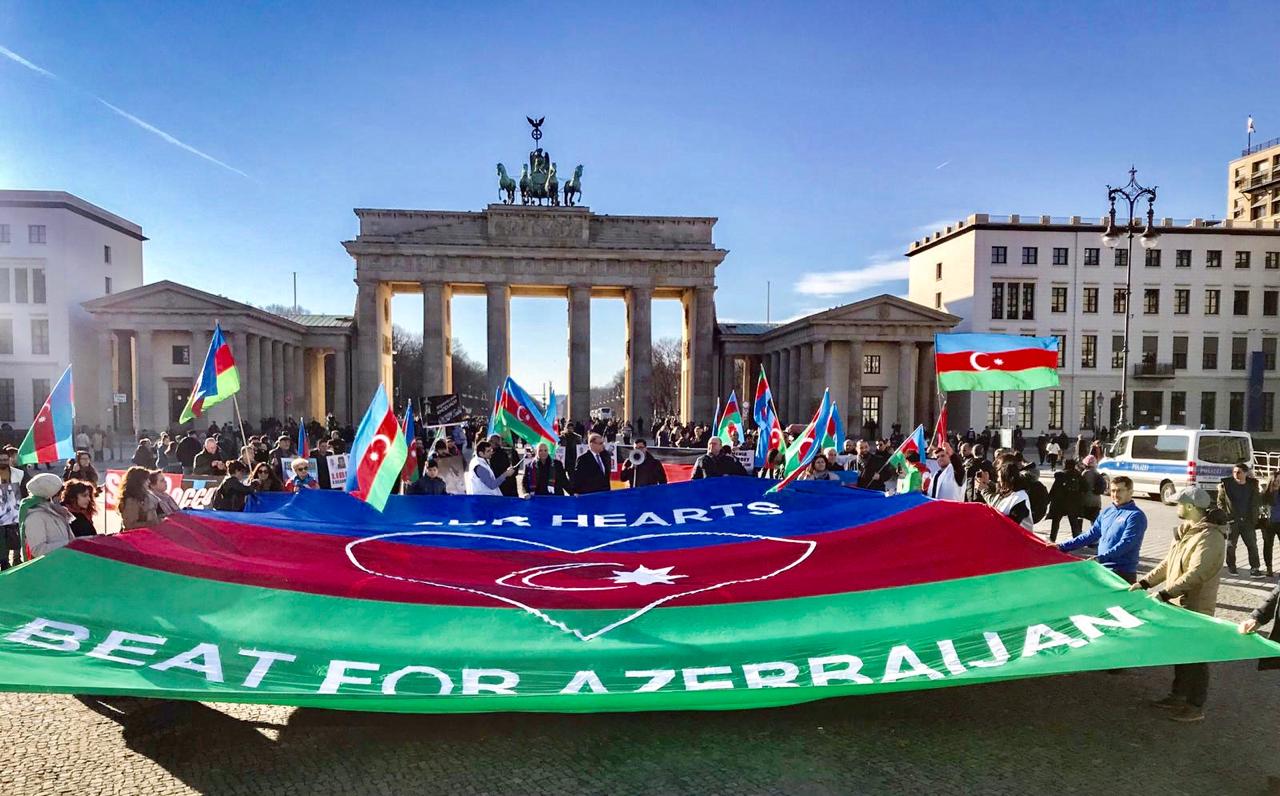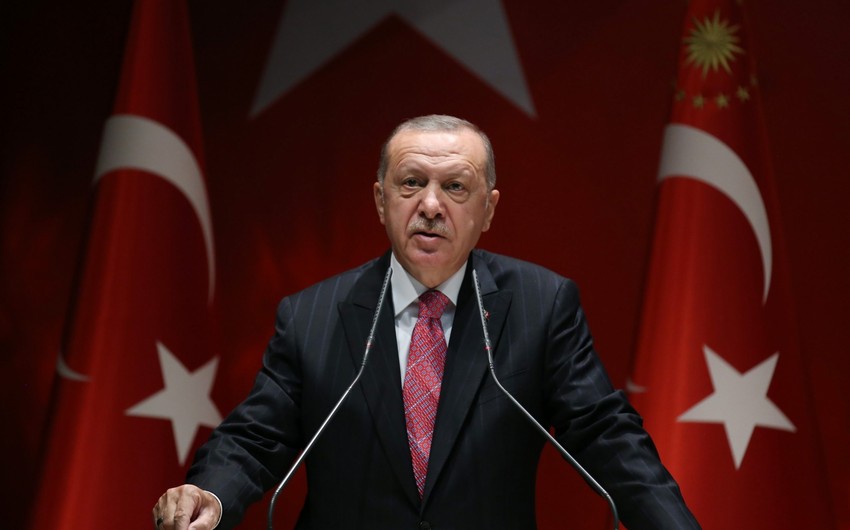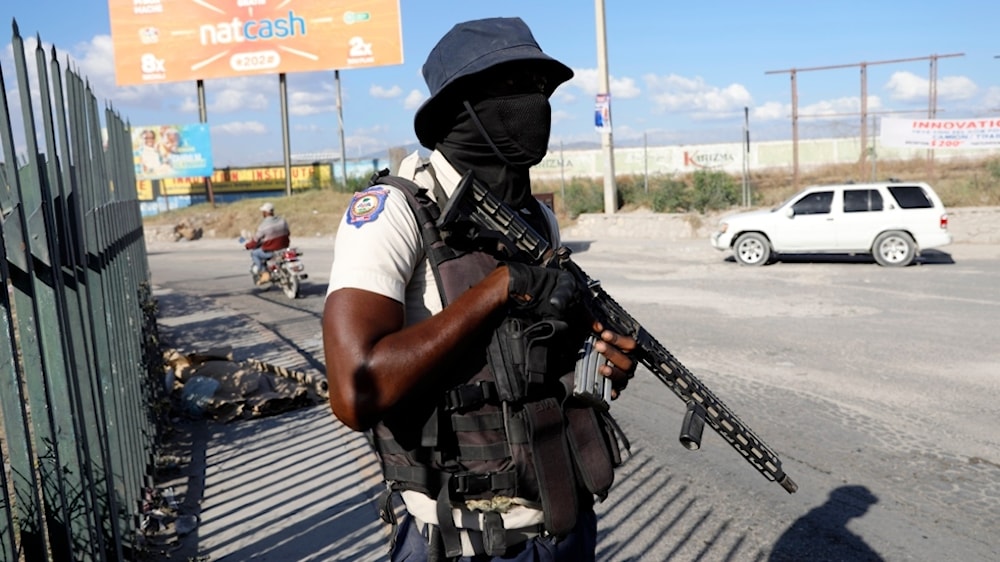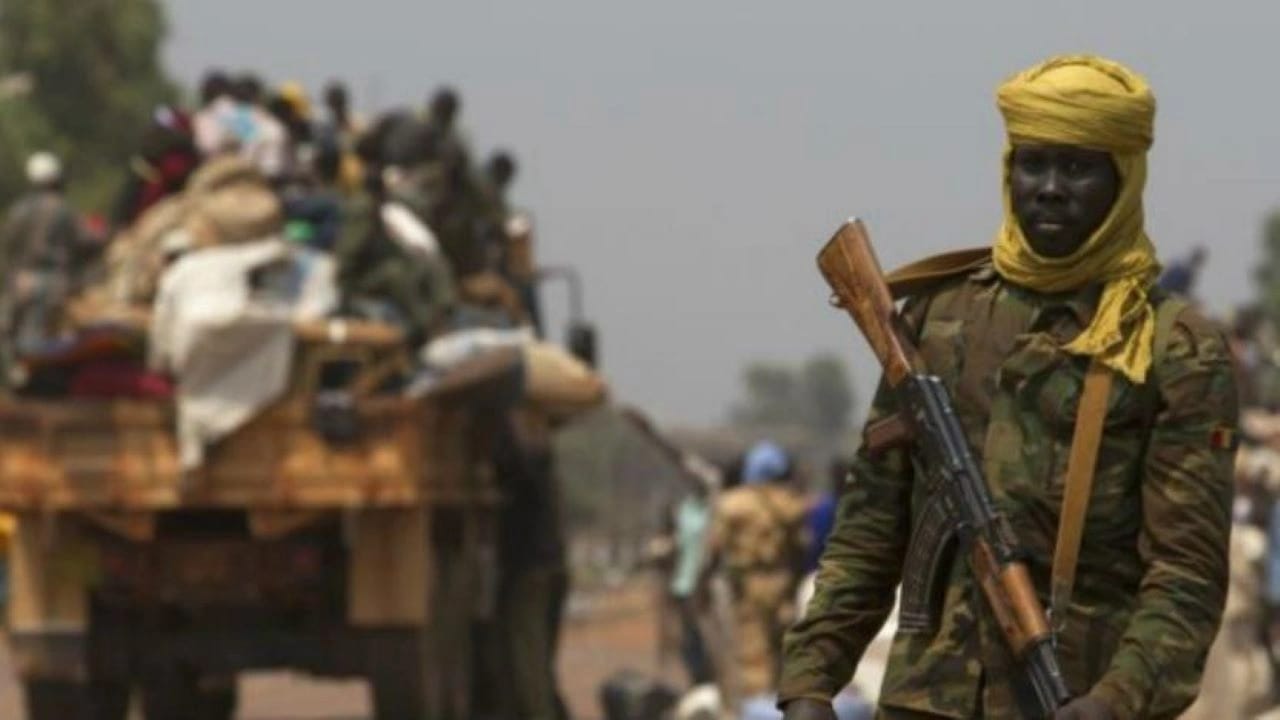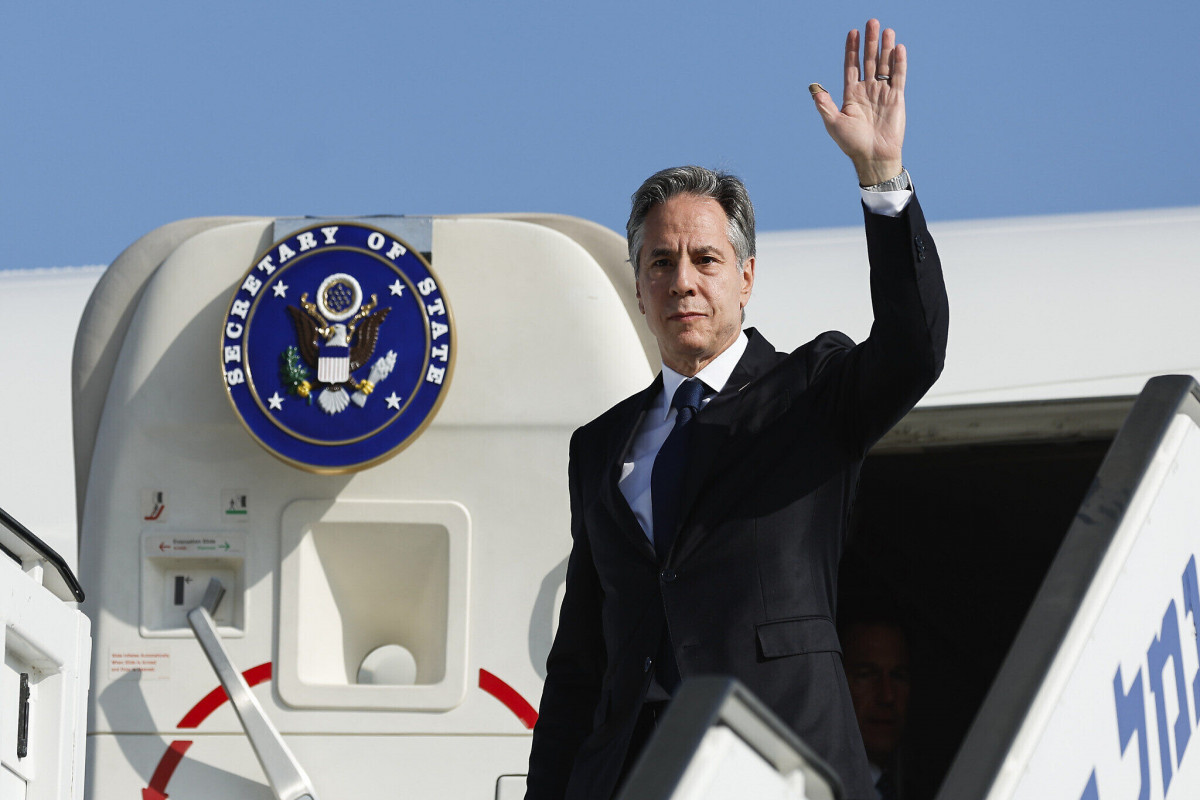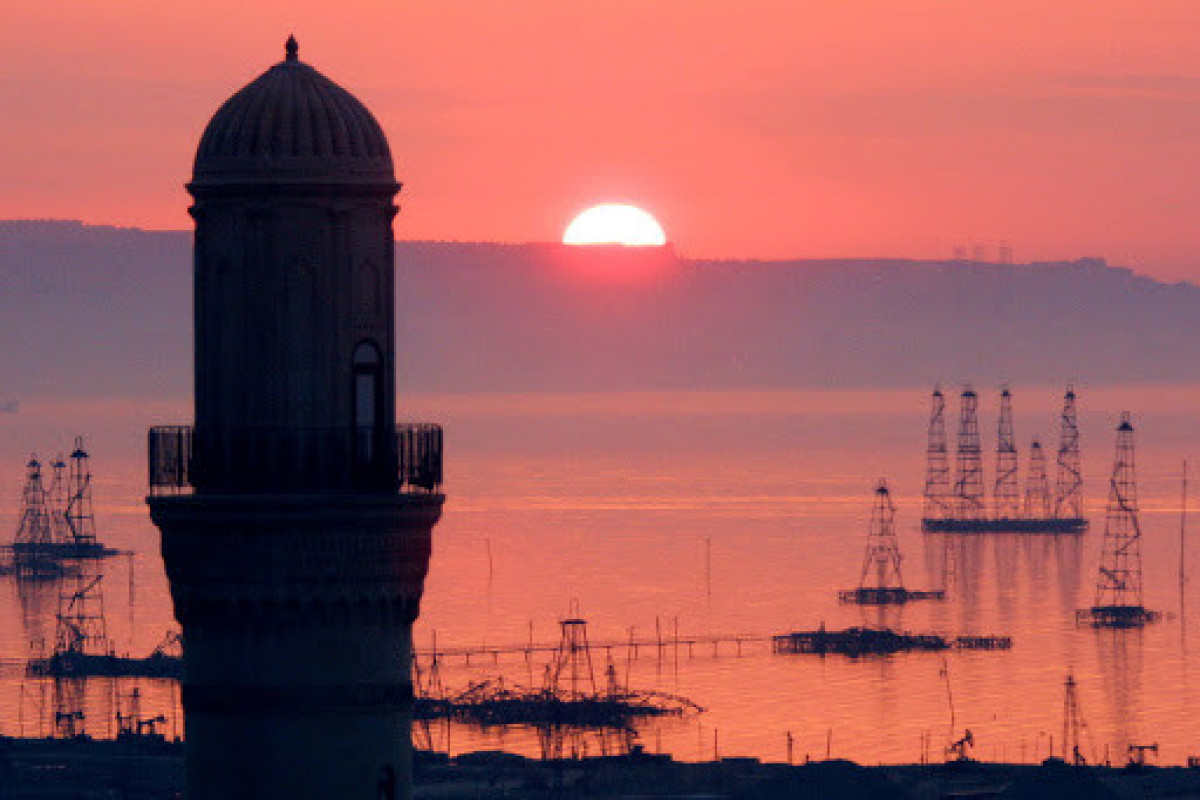We are about to celebrate—or at least to mark—the hundredth anniversary of the end of World War I, which means the day that that war’s armistice was signed in a railroad car on a siding near the town of Compiegne, France. It took effect, as famously noted thereafter, at the eleventh hour of the eleventh day of the eleventh month, in 1918. Indeed, for decades in America, November 11 was a national holiday called “Armistice Day,” honoring the precise day that ended those precise hostilities. Only later, in 1954, following the even more decisive and costly World War II, did the nation expand the observance to include all veterans of all U.S. wars. Now it is Veterans Day.
But on this particular anniversary it is fitting that we should go back and review the events and passions surrounding that armistice of 1918, and not just as a celebration of victory but also as a lesson in the folly that often attends war-making (and peace-making). To assist in the effort, I pulled from the shelf Thomas Keneally’s 1975 novel, Gossip from the Forest , a historically accurate and dark rendition of the events surrounding that momentous occasion.
Keneally, the prolific Australian author of Schindler’s Ark (later a Steven Spielberg movie of similar title) and other notable books, tells his story here mostly through dialogue, but he brings to life the key players in spare but trenchant prose. There is France’s Marshal Ferdinand Foch, who viewed himself, perhaps rightly, as “the most powerful man in the world” at that precise moment. Writes Keneally: “This afternoon he would take a train ride. At the end of which he would lay down all the precedents for a new world.”
He had told his chancellor, old Georges Clemenceau, precisely what France must demand at the armistice—the Rhineland and four bridgeheads, thirty kilometers deep, on the German side of the great Rhine River. This, he insisted repeatedly (tapping the great map on the conference table), was strategically necessary. Keneally writes that, irrespective of whether it was in fact strategically necessary, it was “the outline of what was psychically necessary to the Marshal. At a given depth of his soul, where distinctions between military and diplomatic business had no meaning, he had decided he could not sleep if this map was not fleshed out across the forests, coal fields, foundries, sweet valleys in western Germany.”
Representing a different view was Col. Edward M. House, “a small chinless Texan” sent to France by U.S. President Woodrow Wilson to represent “the mildness, the unvengefulness of the Fourteen Point peace plan his President had uttered earlier in the year.” It was that peace plan, promising a merciful outcome if Germany capitulated, that induced Berlin to seek the armistice. But House’s task—to persuade Foch and other Allied bigwigs to embrace Wilson’s gauzy notion of a compassionate peace—was, alas, “like that of persuading wolves and tigers to take up a vegetarian diet.” House would not be invited to Compiegne.
Meanwhile, in Berlin sat Matthias Erzberger, “forty-three years old, of country stock, big-boned, plump to his friends, obese to his enemies.” Trained as a rural teacher, he took to journalism and politics, organized a trade-union congress and got himself elected to the Reichstag at the age of twenty-eight. Though viewed by his peers as cunning and chivalrous, “he did not see himself as having special gifts of cunning.” At thirty-one years old, he exposed the harsh nature of Germany’s African colonial occupations, accumulating enemies as the government was forced to resign.
Writes Keneally: “Like any country boy he thought, why are all these big names letting me get away with it? There was a vein of fatalism in him: he knew that one day the guard dogs that savage presumptuous rustics would catch and savage him.” He learned to smile wanly when Prussian aristocrats delivered backhanded compliments, suggesting that they themselves never embraced the view of others that Erzberger had never managed to rise above his origins.
Though an early backer of the war, by 1918 he had become a leader of the peace forces, spurred in part by the rise of seething revolutionary sentiment among soldiers and workers throughout Germany, many bent on following their Russian counterparts into the netherworld of Bolshevism. As Keneally has him saying, “This war has no precedent. If the monarchs do not make peace in the next few months, our people will do it over their heads.” He moved a motion in the Reichstag urging Germany to negotiate a peace; it passed 212 to 126 but was ignored by the government.
But the government’s chancellor, Max von Baden, didn’t ignore Erzberger. Von Baden promptly named him leader of “an immediate Armistice Commission,” to leave that very day for a conference with Marshal Foch in France. Von Baden added, “I wish them God speed and pledge them the gratitude of the German people.”
“Erzberger’s stomach got very cold,” writes Keneally. He knew that his acceptance of the German surrender would mark him for life among many Germans as a traitor to the nation. Most likely he would be killed.
But he couldn’t have anticipated the terms laid down with stark finality by Marshall Foch once the Germans got to that fateful railroad car near Compiegne. Those terms included the evacuation of Belgium, France, Luxembourg, Alsace, and Lorrain—all in fourteen just days; repatriation of all natives of those areas within fourteen days; five thousand heavy and field guns delivered to the Allies in good condition; also, thirty thousand machine guns, five thousand trench mortars, two thousand fighters and bombers, were to be delivered to the Allies. As Keneally writes of these arms transfers, “good news for the soviets” seeking to take over Germany.
Also (Foch’s obsession): bridgeheads thirty kilometers deep, on the German side of the Rhine, at Mainz, Coblenz, Cologne, and Strasbourg; and evacuation of the Rhineland within twenty-eight days.
Finally, the quintessential anti-Wilson item: “The existing blockade conditions set up by the Allied and Associated Powers are to remain unchanged, and all German merchant ships found at sea are to remain liable to capture.” That blockade had led to the deaths of massive numbers of German civilians—children and old folks in particular but others as well. As Erzberger told the French and British at Compiegne, the weight of German boys at one year was down 41 percent; of girls, down 32 percent. Stuttgart’s milk supply was down to a third of prewar supplies; in Klagenfurt, it was 11 percent; in Graz, 6 percent.
Robert W. Merry, longtime Washington journalist and publishing executive, is the author of books on American history, most recently President McKinley: Architect of the American Century.
National Interests

